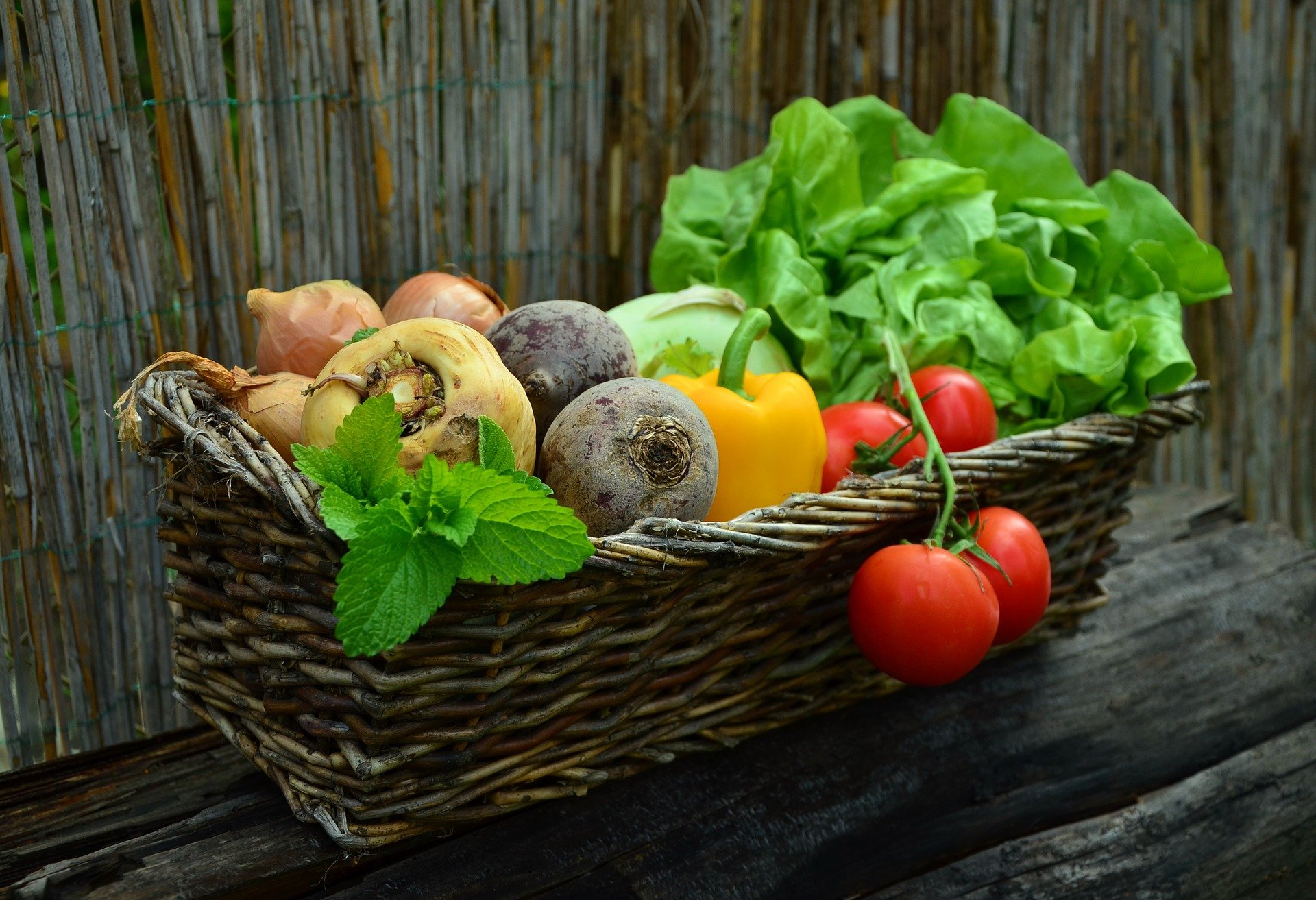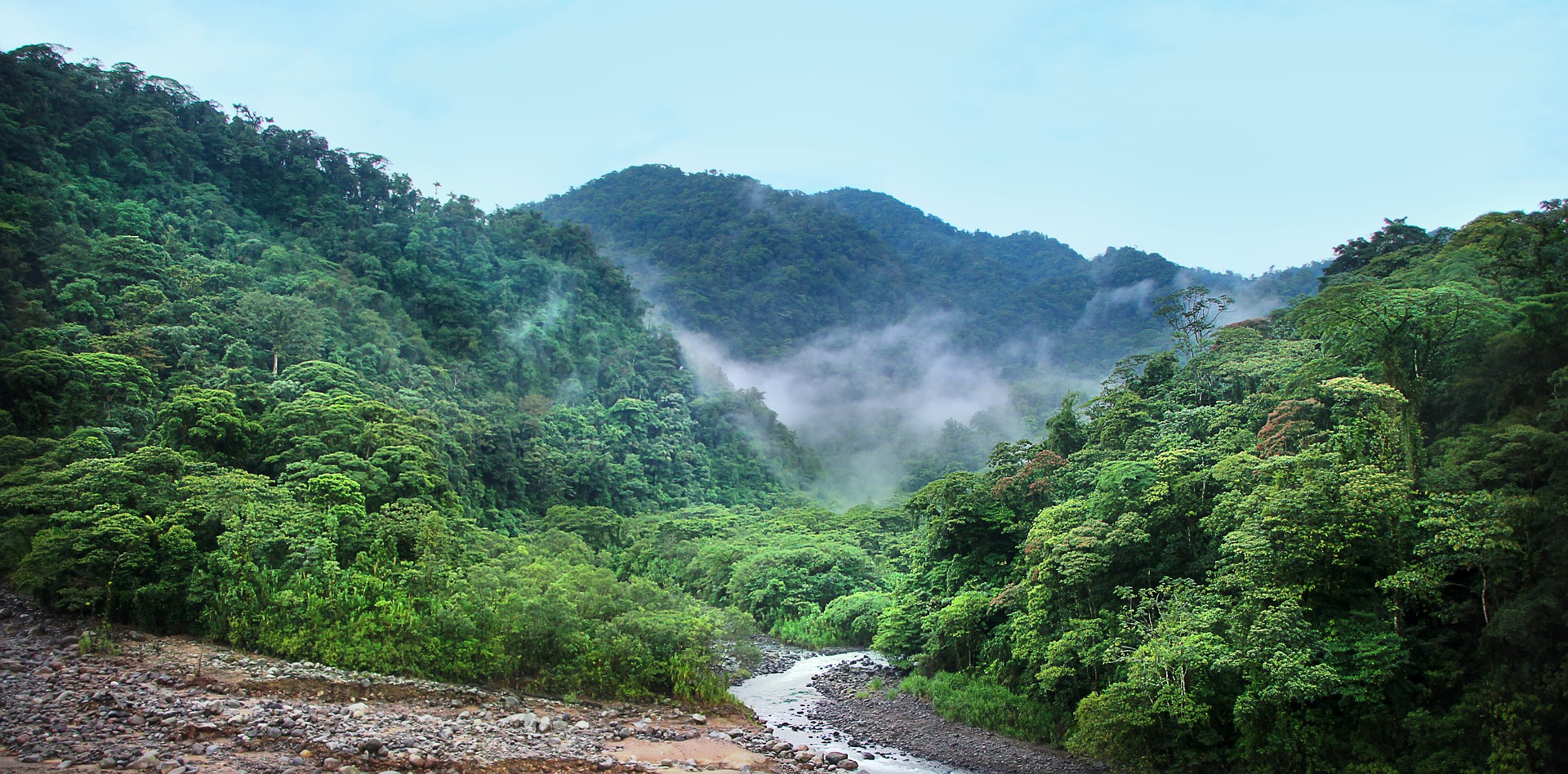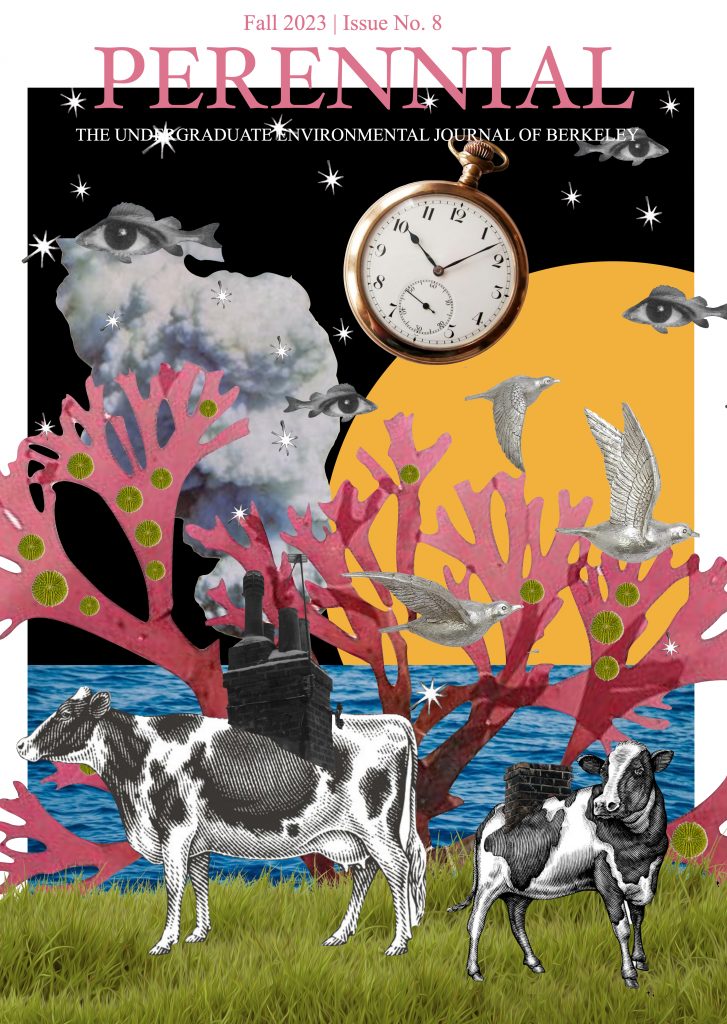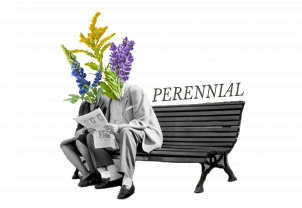PERENNIAL
THE UNDERGRADUATE ENVIRONMENTAL JOURNAL OF BERKELEY





by Khaled Alqahtani
Evolution is commonly thought to be a biological process that requires millennia to take place. And while this may hold true, we actually have witnessed the evolution of different species in our lifetimes.
Whether it is the color of a mouse’s fur or the shape of a finch’s beak, different traits evolve depending on the conditions shaping the species’ environments. Human activities have shaped and shifted those environmental conditions, which can be seen in the effects of climate change. This has led to the evolution of traits that may impact and harm the vitality of different species in the future …
by Christina Pelliccio
“There’s a pretty long history,” he said, explaining the vision that Alice Waters, the founder of Chez Panisse, had 50 years ago, when she sought to introduce the French style of ‘market cooking’ to Berkeley. As one of the first ‘farm-to-table’ restaurants in the nation, Chez Panisse sparked a movement across the country…
by Mina Burns
It’s another beautiful day in Northern California, and you’re sitting on the beach, basking in the sun’s rays. Reaching inside your cooler, you pull out a cold Yerba Mate and crack it open, savoring the satisfying pop of the can.
Your experience is not alone; Guayakí’s Yerba Mate is gaining popularity, having become a household name in recent years. What isn’t as well known is the production process behind the drink…
by Elena Hsieh
Overconsumption. Retail Therapy. Impulsivity. Dopamine. Two Day Shipping. Capitalism.
With the boom of mass production and the evergrowing ease and convenience of getting desired products at the click of a button, Americans have turned to online shopping as an alternative to going in stores. Adding the burden of the global pandemic, online shopping has even transformed from a point of convenience to a safe necessity, especially for the disabled and elderly. Looking at recent trends from 2014 to 2019, e-commerce sales ratios have nearly tripled globally. As of 2021, global online retail has reached an enormous …
by Mina Burns
In Sonoma County, wine growers and makers alike are turning over a new leaf: sustainability in winemaking. The county’s vineyards have a 99% sustainability certification—making it the most sustainable winegrowing region in the world.
Sonoma County, in Northern California’s “wine country,” is a premier wine-growing region which contains 425 wineries. Spanning from the Pacific Coast to the Mayacamas Mountains in the east, this area is one of the largest wine producers in the state, with …
Issue 8 Out Now!

